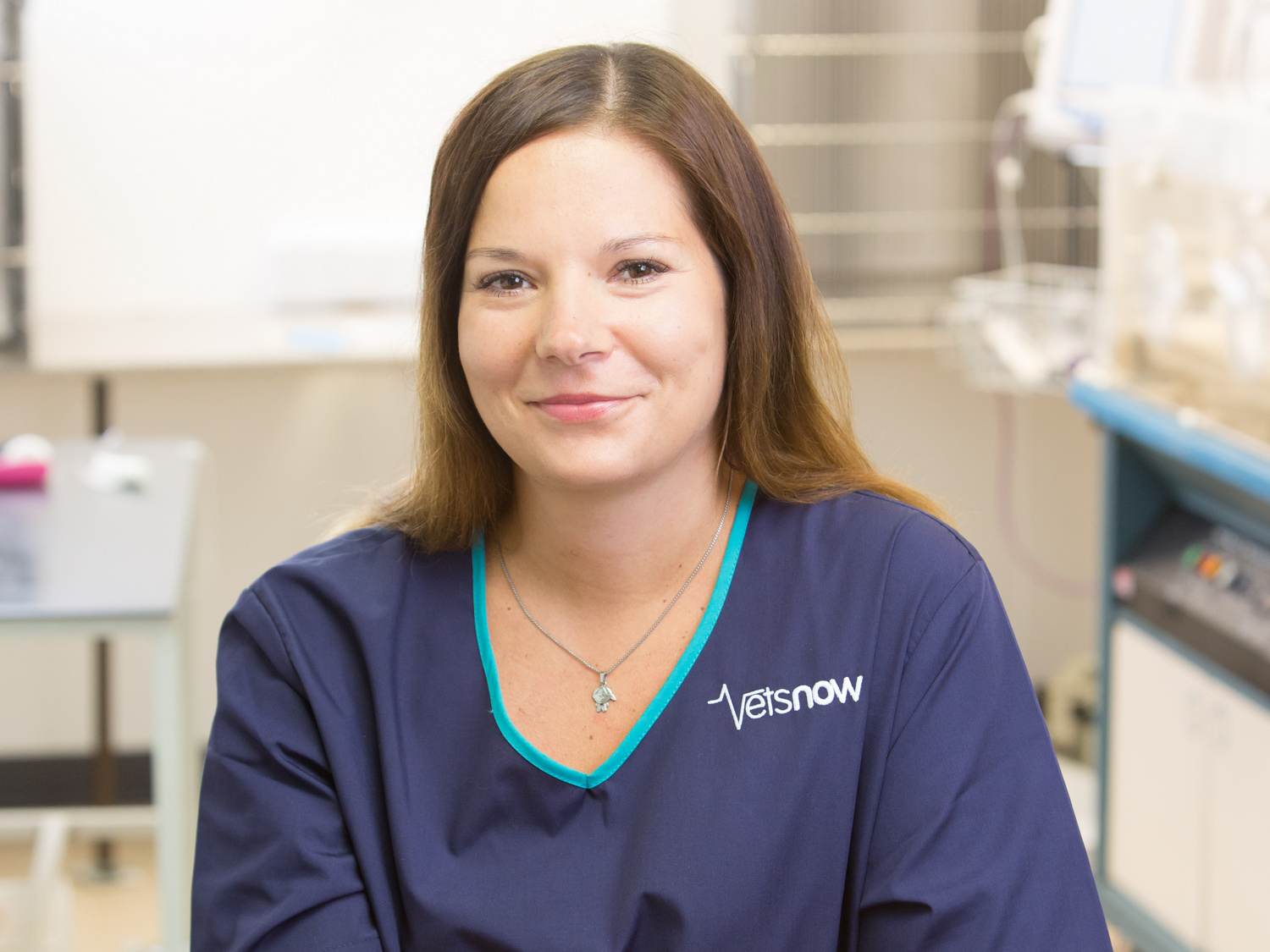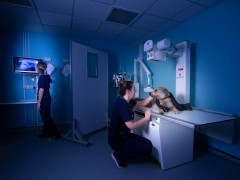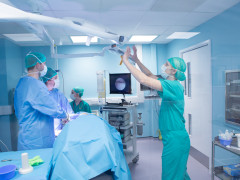Weronika says this is the best country in Europe to develop your veterinary career
More than one million Poles emigrated to the UK following their country’s ascension to the EU.
But the end of freedom of movement means that opportunity no longer exists for many of those looking to follow in their footsteps.
The picture is, however, different for vets.
Veterinary surgeons are on the UK’s all-important shortage occupations list meaning it’s far easier for them to secure visas to work here.
Weronika Gwiazda, who is originally from Gdansk but now works as a vet surgeon in our pet emergency clinic in Chippenham, believes vets from her homeland should still consider moving to the UK, despite the issues Brexit has posed.

She said: “For me it was a spontaneous decision to apply for a job in UK, but it’s one that I do not regret. For anybody thinking about changing their career path and considering working abroad, I would highly recommend the UK.
“You will experience the highest veterinary medicine standards in Europe and develop your skills constantly.”
After qualifying in veterinary medicine from the University of Warmia and Mazury in Olsztyn, Poland, in 2008, Weronika went on to do a post-grad certificate in veterinary medicine at the same university.
She worked in small-animal practice in Poland for five years before moving to Swindon in 2013 to work in a busy first-opinion practice.

Interested in working in the UK?
Call our talent team on 01383 841181 to discuss your options or send one of our talent partners an email by clicking here.
Keen for a new challenge, Weronika signed up for one of our Edge programmes in 2016.
These are for vets who want to build their skills and confidence before working sole-charge.
Weronika said the programme provided her with the perfect route into Vets Now. She particularly enjoyed the practical sessions and in-depth webinars and said the mentored shifts gave her the chance to see what an ECC job looked like in real life.
She’s been based in our Chippenham clinic ever since.
Weronika said: “The application process was a pleasant experience and I felt really wanted. I quickly got the impression that my work would be appreciated. I knew it would be challenging but also great for my development.
“Working solely in ECC is not something you can do in many other countries.”
Weronika Gwiazda Vet surgeon, Vets Now ChippenhamFor anybody thinking about changing their career path and considering working abroad, I would highly recommend the UK. You will experience the highest veterinary medicine standards in Europe and develop your skills constantly.
Since making the life-changing move, Weronika has always felt fully supported in her role.
She added: “Vets Now is a really supportive company. They gave me exceptional training and, after completing it, I felt comfortable with most emergency cases, emergency surgery and client communications.
“From my first shift, I also had the support of my senior vet, as well as all my veterinary colleagues working in other Vets Now clinics across the country, including referral specialists in our hospitals.
“There is a constant supply of online courses and training and the company also organises the biggest ECC Congress in Europe, which provides outstanding CPD for vets and vet nurses.”

How we can support you
If you are interested in working in the UK after Brexit our global talent team are ready to help you through the process. Click below to find out how we can support you.
Learn moreAs a mother of two children, the flexible shift patterns also mean Weronika has been able to strike that all-important work-life balance.
She said: “Working out of hours is not for everyone, but for me it is the best way to find work-life balance. You do tend to work longer shifts, but that means you get more days off during the week.
“Shifts may get busy, but you see cases that are true emergencies and really need treatment. You work in a small team, but it means you get to know each other well, what everyone’s strengths and weaknesses are, and you can spread the work easily between team members.
“In this field, the work you do really makes a difference and is very rewarding.”
If you would like to follow in Weronika’s footsteps, you can find out more about how we support EU vets here.
